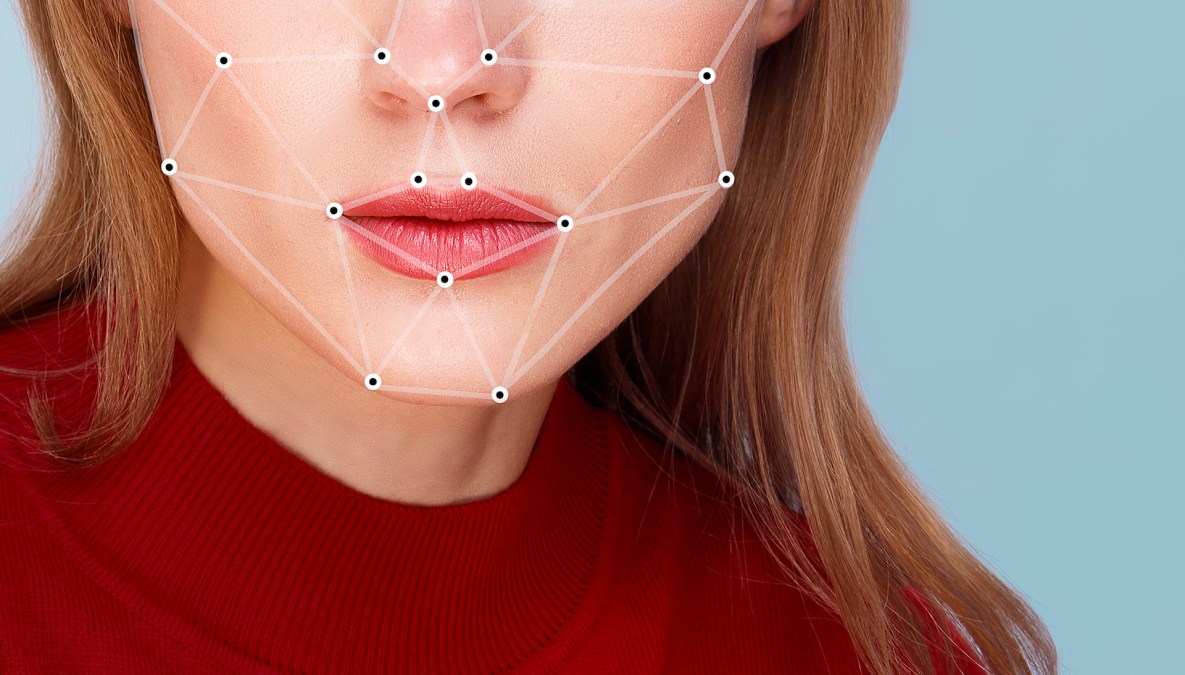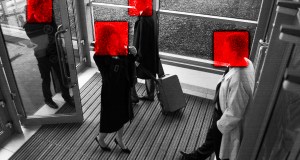ACLU puts members of Congress in the facial recognition crosshairs

Misidentification by facial recognition technology can happen to anyone — even sitting members of Congress. That’s the attention-grabbing headline of a new study conducted by the American Civil Liberties Union, in which 28 sitting members of Congress were falsely identified as individuals who have been arrested for a crime.
The ACLU’s opposition to law enforcement use of facial recognition tech — specifically Amazon’s Rekognition software — is long-standing and well-documented. But now, the organization is making it personal.
Using Rekognition, the ACLU said it paid $12.33 (“less than a large pizza,” the blog post is careful to point out) to build a database of 25,000 publicly available arrest photos and run that database against public photos of every sitting member of the House and Senate.
The results? The software, according to ACLU, incorrectly identified 28 sitting members of Congress as individuals who have been arrested.
The misidentified congresspeople were men and women, Republicans and Democrats — a diverse bunch including the likes of Rep. John Lewis, D-Ga., Rep. Frank LoBiondo, R-N.J., and Rep. Norma Torres, D-Calif.
The results support the concern that facial recognition technologies like Rekognition are especially likely to misidentify people of color. Thirty nine percent of the 28 misidentified members of Congress were people of color, despite the fact that people of color make up only about 20 percent of the legislative body.
“People of color are already disproportionately harmed by police practices, and it’s easy to see how Rekognition could exacerbate that,” the ACLU writes. The Congressional Black Caucus recently wrote a letter to Amazon head Jeff Bezos, expressing their concern about racial bias in facial recognition technology.
Rekognition is used by the Washington County police department in Oregon and by the city of Orlando — cases that have received criticisms from watchdog groups as well as Amazon employees. It’s unclear if any federal agencies are using Rekognition, but Amazon has marketed the tech to law enforcement at all levels of government.
Despite the criticism, Amazon Web Services’ vice president for worldwide public sector, Teresa Carlson, recently said the company is “unwaveringly” committed to the U.S. government.
“We provide them the tools, we don’t provide the solution application that they build,” she said at the Aspen Security Conference. “And we often don’t know everything they’re actually utilizing the tool for. But they need to have the most innovative and cutting-edge tools they can.”
Echoing previous Amazon statements, Carlson added that government users have a responsibility to use the technology in an “ethical” way. “When the government signs up with us, they still have to have ethical use rights of our tool,” she said. “So if they’re breaking the law, they’re doing something, we would pull that for those reasons. And they sign up and they know the use rights of our tools as well.”
The ACLU’s concern, meanwhile, is that as a society we haven’t fully reckoned with what “ethical” use of this technology looks like. Because of this, and the racial bias concerns, the group argues that the tech is not yet ready for primetime.
“Congress should press for a federal moratorium on the use of face surveillance until its harms, particularly to vulnerable communities, are fully considered,” Neema Singh Guliani, ACLU legislative counsel, said in a statement. “The public deserves a full debate about how and if face surveillance should be used.”




